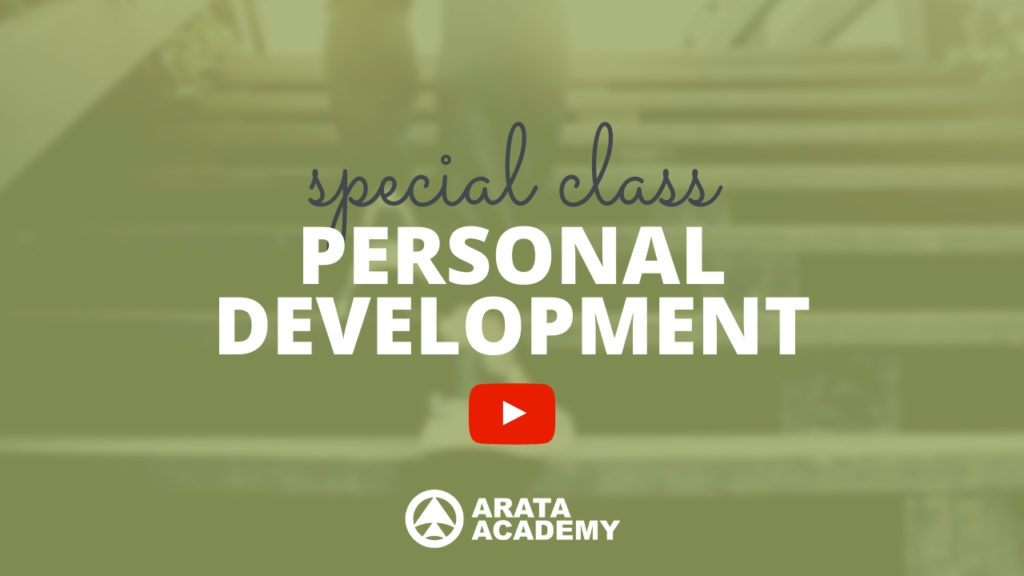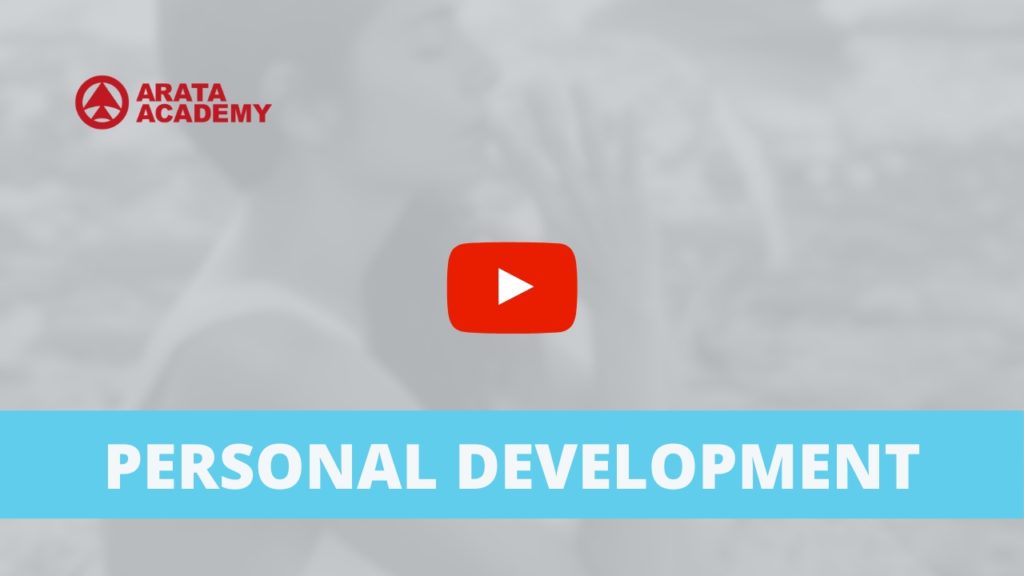Hello! Seiiti Arata. How often have you said to yourself, “I’d be happy if only I had more money”? We all need enough to cover our basic expenses, of course, but let’s explore why we can’t buy happiness.
1. Money has its limits.
There is no clear, linear relationship between happiness and wealth.
For those living at the poverty level, getting enough money to meet the fundamental needs will certainly help.
But beyond that, wealth actually gives very little long-term satisfaction. In fact, its effect on happiness decreases over time. We get used to it—our purchases no longer bring the same joy as before. We will feel the need to buy more and better stuff to meet both our own higher expectations and those of others. We seek more satisfaction in the next purchase. It’s an unfortunate and endless cycle.
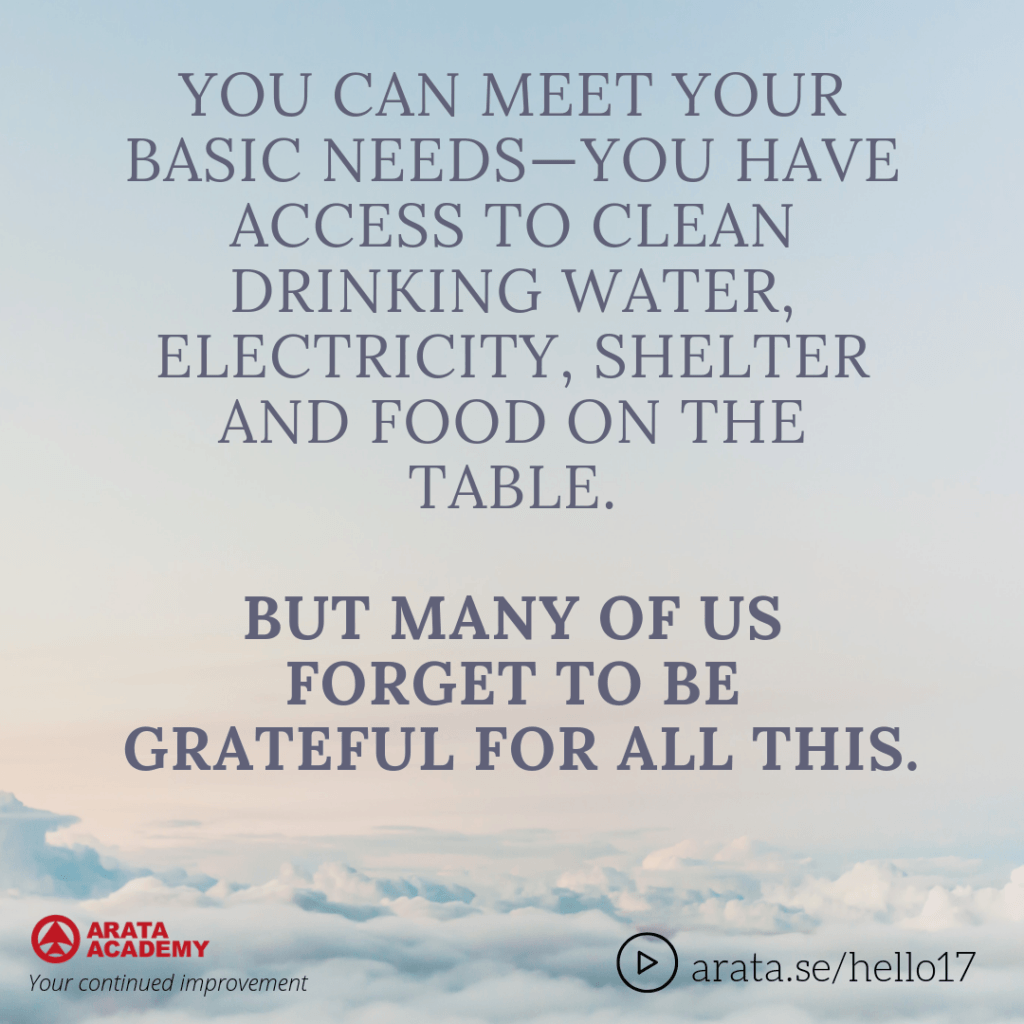
If you are watching this, you are probably in a relatively prosperous environment. You can meet your basic needs—you have access to the Internet, clean drinking water, electricity, shelter and food on the table. But many of us forget to be grateful for all this.
2. Status does not help.
If money is not the direct route to happiness, maybe we can rely on the social status it brings. Being recognised and admired by others might trigger some joy.
The problem with this is that we are evaluating ourselves through the eyes of others. This is a reactive life—we fail to get what we want for ourselves.
Worse yet, the status-seeking path is also without an end. After climbing through the ranks, we see the next level above, with even more prestige. It’s another unfortunate and endless cycle.
3. Where can I find happiness?
Work can be much more than earning money to pay the bills. Good work is rewarding, and it also brings a sense of purpose.
We may be dissatisfied with our jobs, and we search for career changes because we want our work to reflect all of our dimensions—our personal passions, our values, our talents and our desire for growth. We want to find work which contributes to a meaningful life, and that’s not easy.
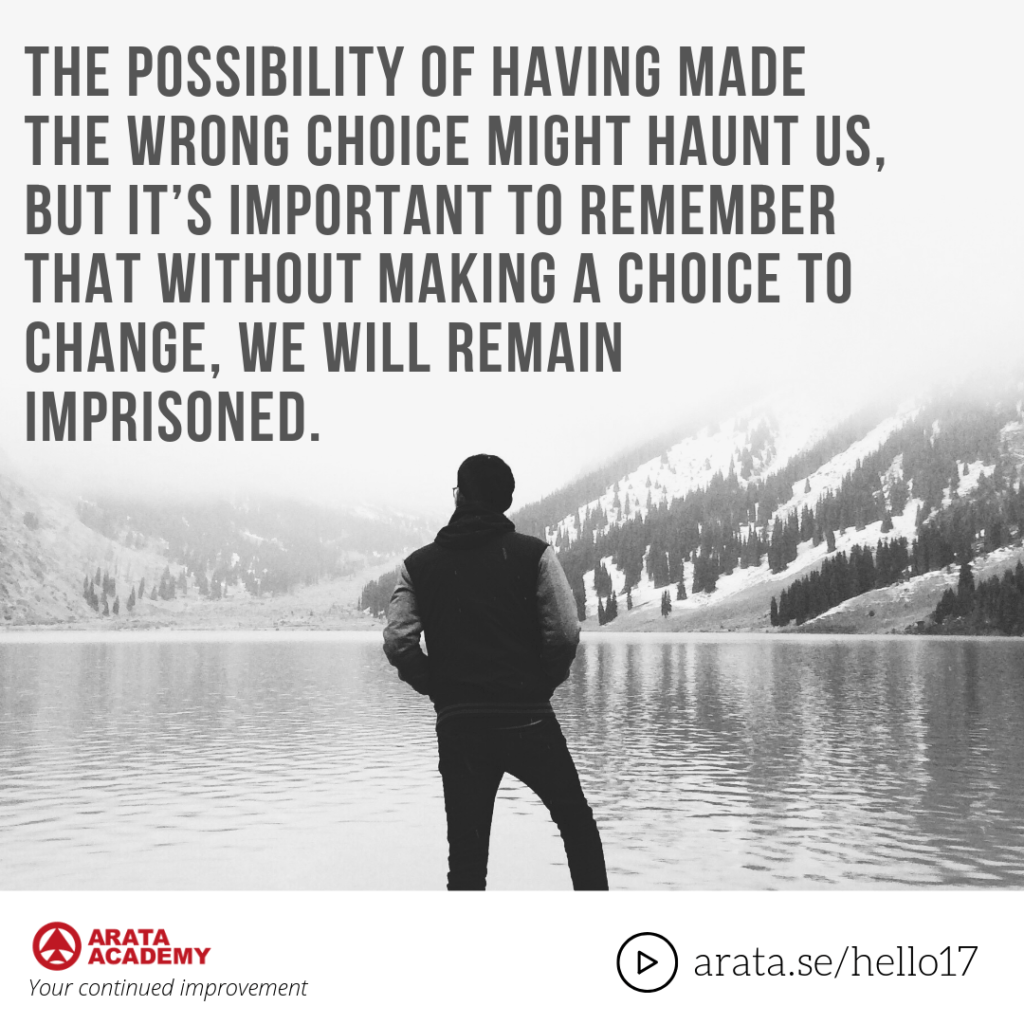
So what can we do about that? Well, we could lower our expectations and seek fulfilment outside our jobs. That’s not easy, though, because we often come home late without energy to do what we really love. And tomorrow we’ll do the same. That’s how we got stuck in a prison without walls: the work is not fulfilling, and there is no prospect of change. We live for the weekends.
The way to get out of this prison is to pursue our dreams. Yes, there is the risk that things won’t work out. At the same time, doing nothing brings the risk of regret. So how can we choose?
4. Learn how to deal with choices.
It is normal to experience uncertainty when we face career-related decisions. There are so many paths to choose from, and the number of them has increased as never before in history. We may feel overwhelmed by so many choices.
Perhaps ironically, this wealth of possibilities does not bring much joy. It can generate anxiety as we consider them all. Go to this link to find a very interesting book about what happens when we have to face many choices. We may experience a kind of paralysis rather than happiness.
When we finally decide, we may still be dissatisfied. Do you know why? We think of all the other choices we had to leave behind. A voice asks, “Did I choose correctly? What if I made a mistake? Would I be happier with one of the other possibilities?”
The possibility of having made the wrong choice might haunt us, but it’s important to remember that without making a choice to change, we will remain imprisoned.
5. Regain the freedom to change choices.
Sometimes the problem is not too many choices, but the lack of them. We feel trapped in that choice we already made.
Change is difficult.
It is difficult because of all the investment we have made in that decision. We spent time and energy in preparing to get that far … and for what? To realise that it was not what we wanted after all? Wow! For many people this is mind-shattering. We don’t want to throw all that investment in the trash; we feel the need to maintain a certain consistency with all that we’ve done in the past.
Worse yet, we have to make career decisions too early. How can a teenager just graduated from high school know what sort of job will be most fulfilling?
And the more we advance in our career, the more we have at stake. It is more difficult to give it up. All those years, all that money spent on education. The networking. The experience. All this is the investment that makes us feel the need to continue. We feel bound.
If you want to make a career change, it is essential to change your mindset to overcome this tremendous psychological obstacle.
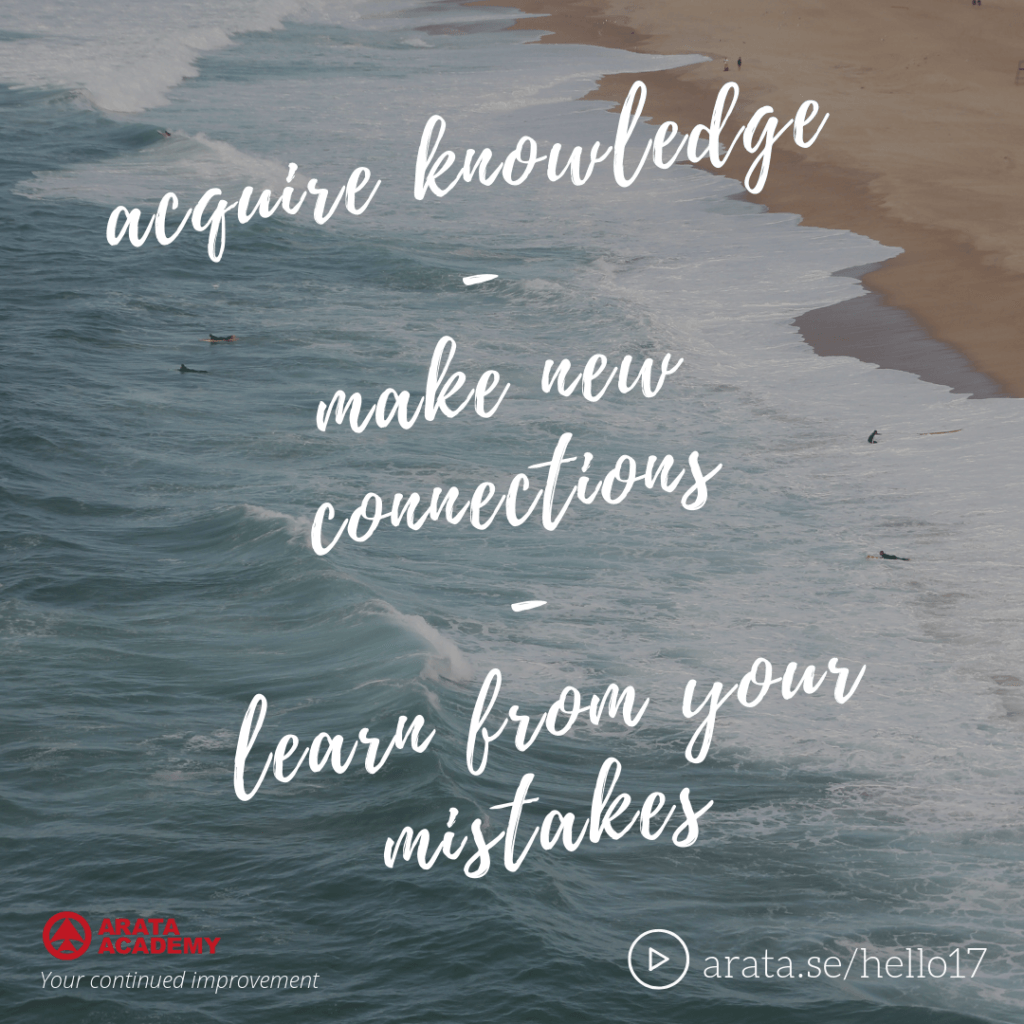
Think of it as a choice between two types of regret: either you regret today abandoning the path that you’ve invested in, or you will regret in the future the lack of courage to pause, to think, and to decide to go down a more fulfilling path.
About the psychological aspects of risk, it is our nature to fear loss more than to pursue gain. It is normal to run away from risks, especially if they are immediate. We hope that somehow things will be better in the future. If you subscribe to our YouTube channel you will receive the next videos, and we’ll talk about this in more detail.
So instead of being limited by the risk and letting fear control our lives, we will begin with the awareness that we are probably exaggerating a bit, since it is human nature to be cautious in the face of risk. This insight, though, can help us take a more objective view of the risk ahead! Of course that’s not all. Armed with that awareness, we have to do things—acquire knowledge, make new connections, learn from the mistakes of others and follow best practices.
You can register your email on our site and enroll in our courses to get all the tools you need! You can count on us.
If there are times when you feel stuck in your work or just dream of finding another, more rewarding job, you are not alone. Most of us are seeking work that brings meaning and is related to our purpose.
In this challenge, we remember the risk of regrets about the choices we do not make today. It is often more appropriate to move and opt for career change.
I wish for you a job that conveys a sense of contributing to the world in a positive way. Good salary and recognition are not enough. We want our work to have purpose and to give us freedom. That’s what we will see in the next video.
If you are new here, be sure to subscribe to our channel!
